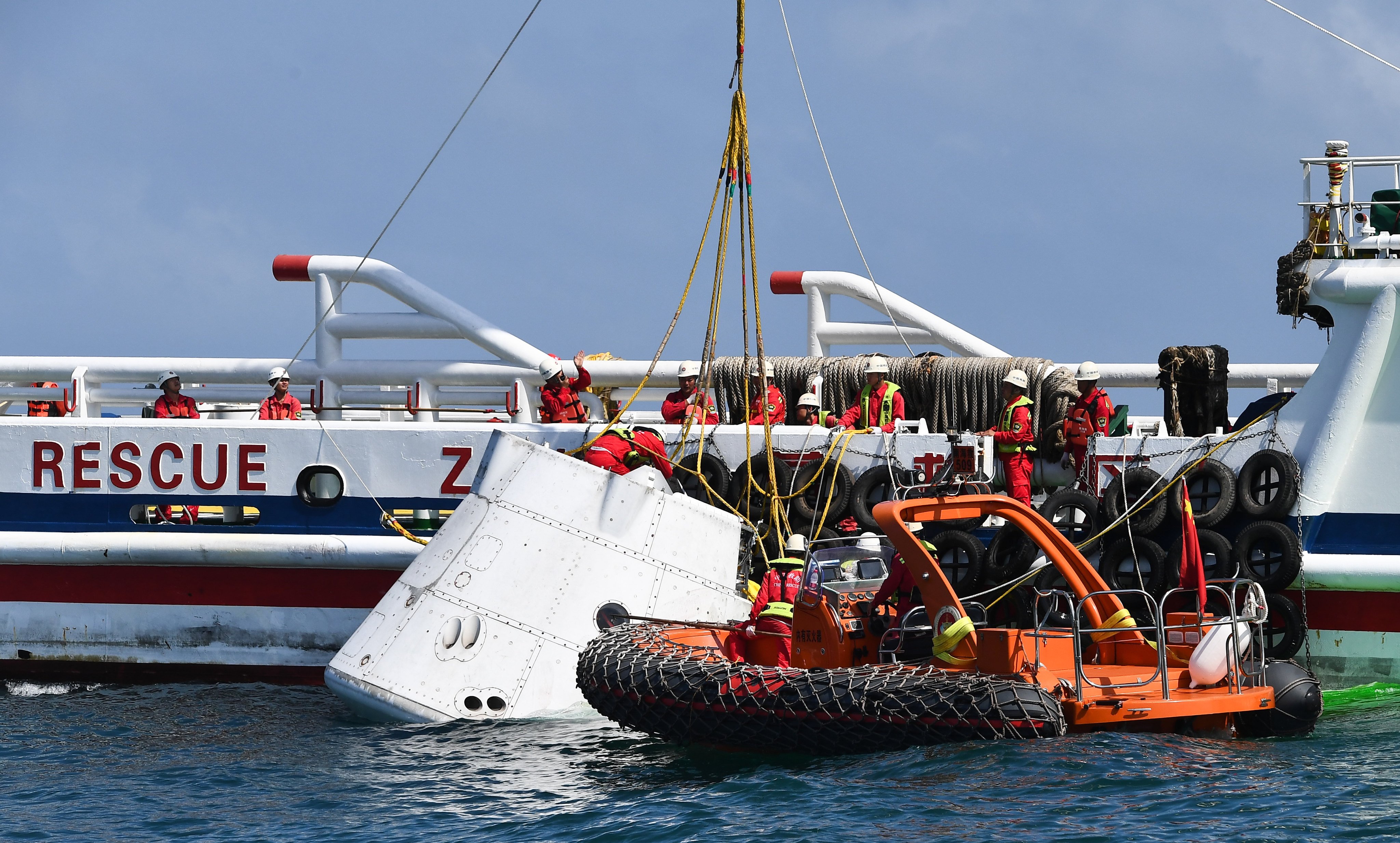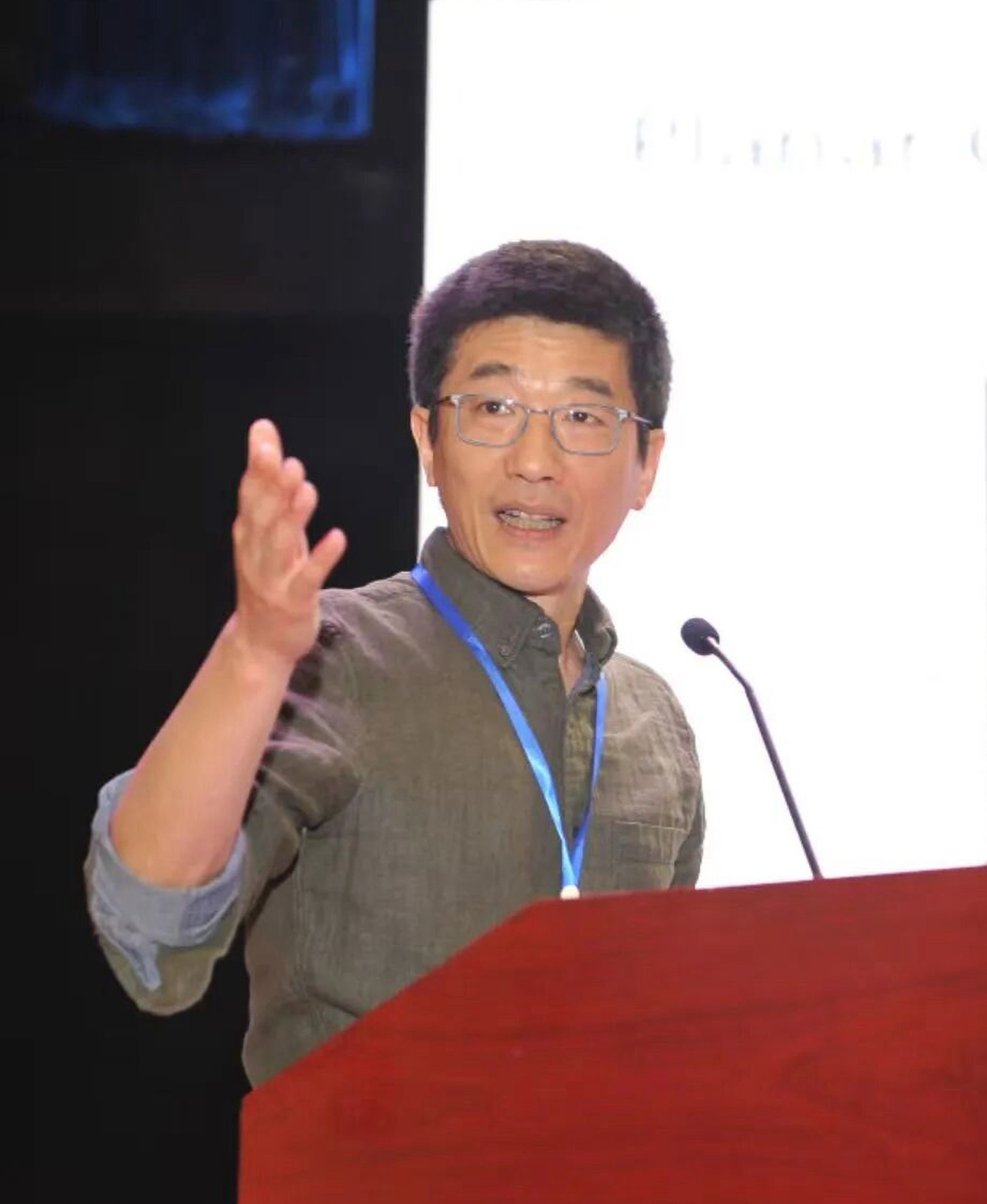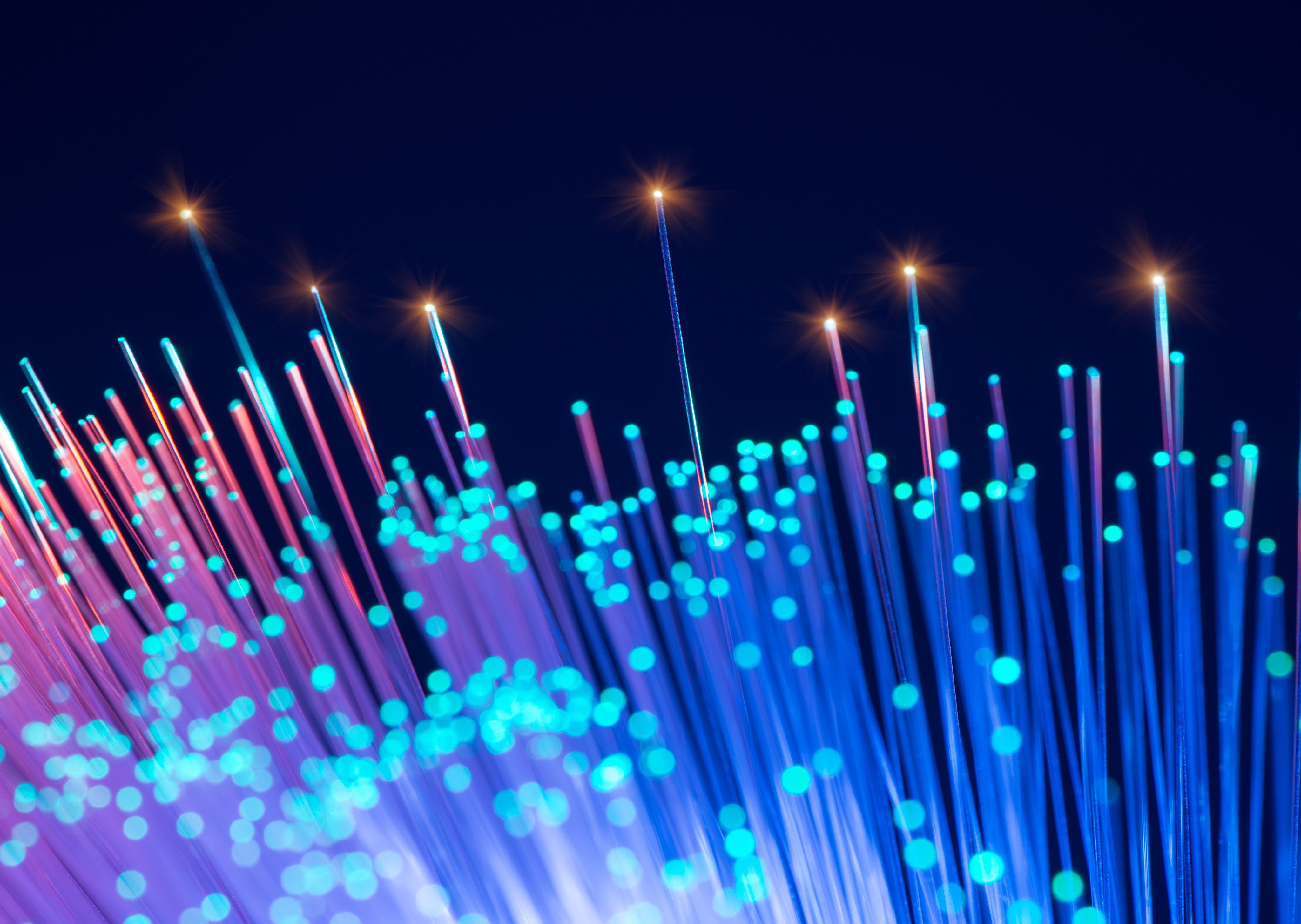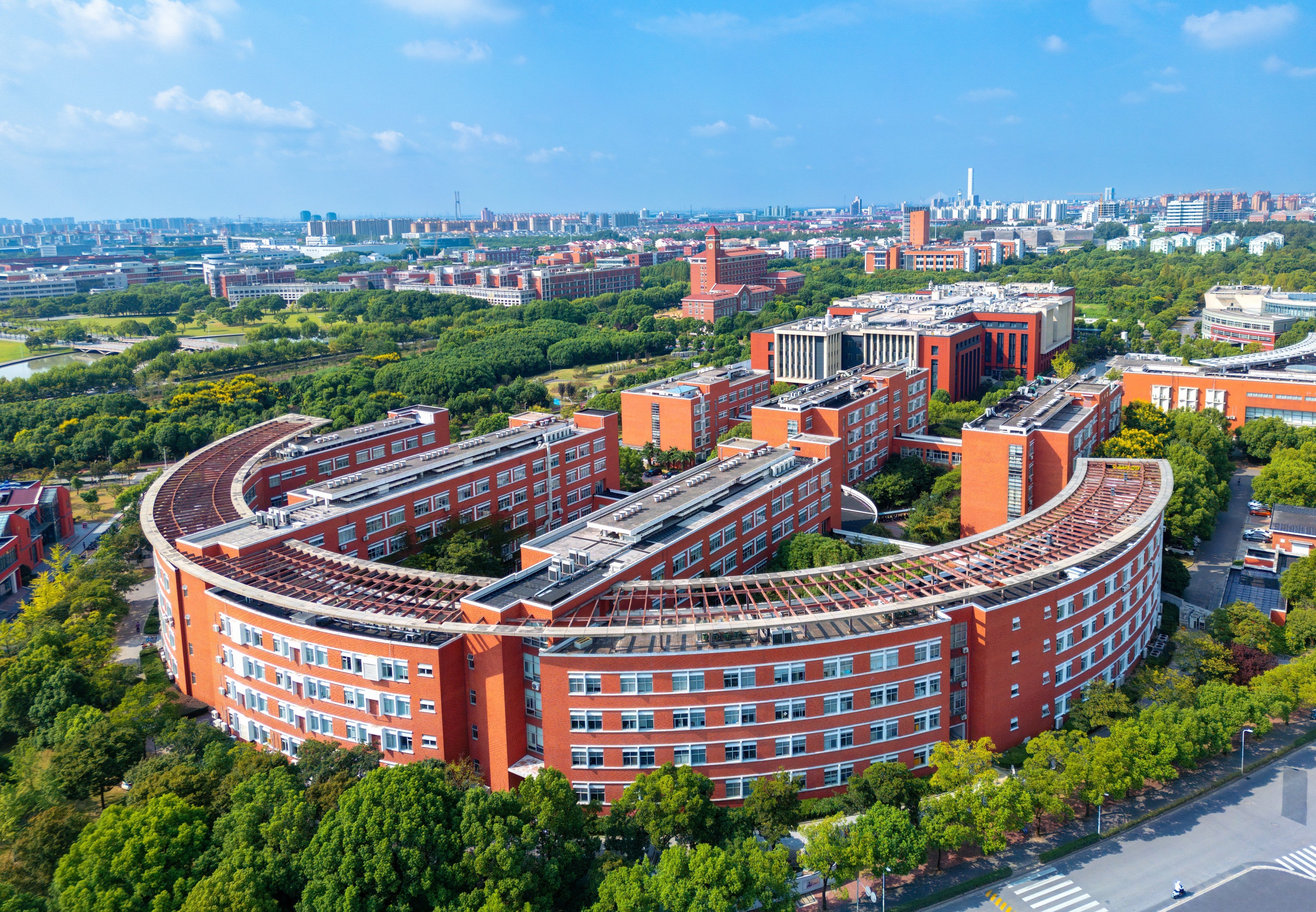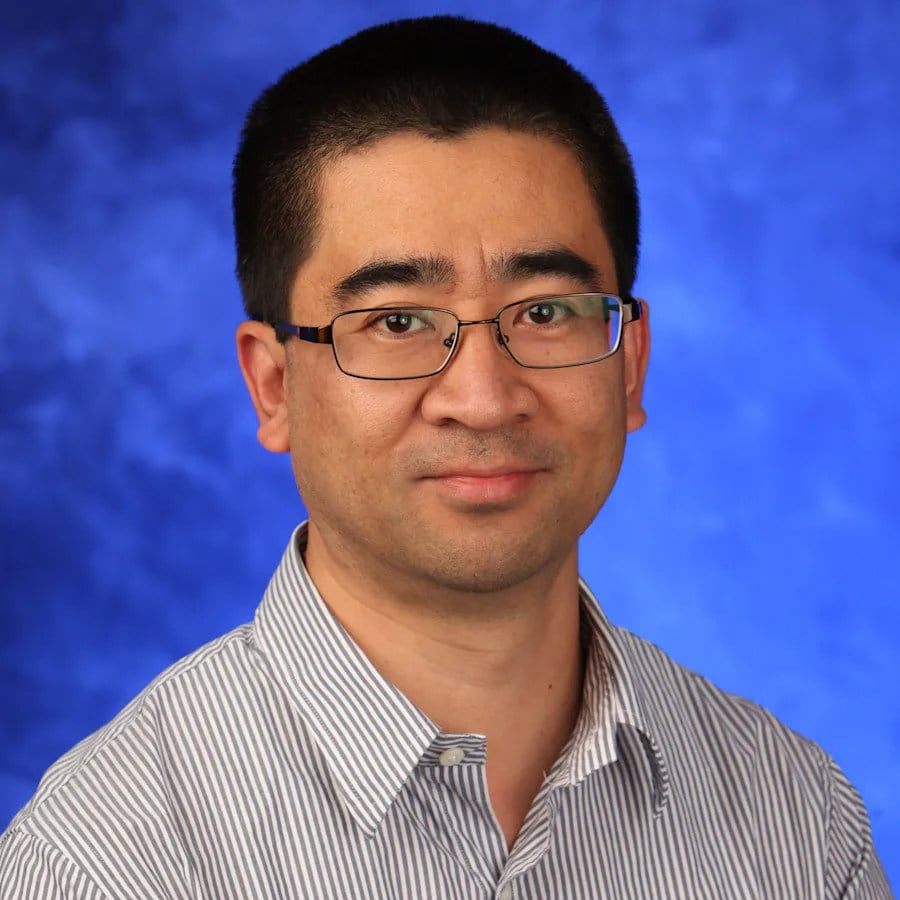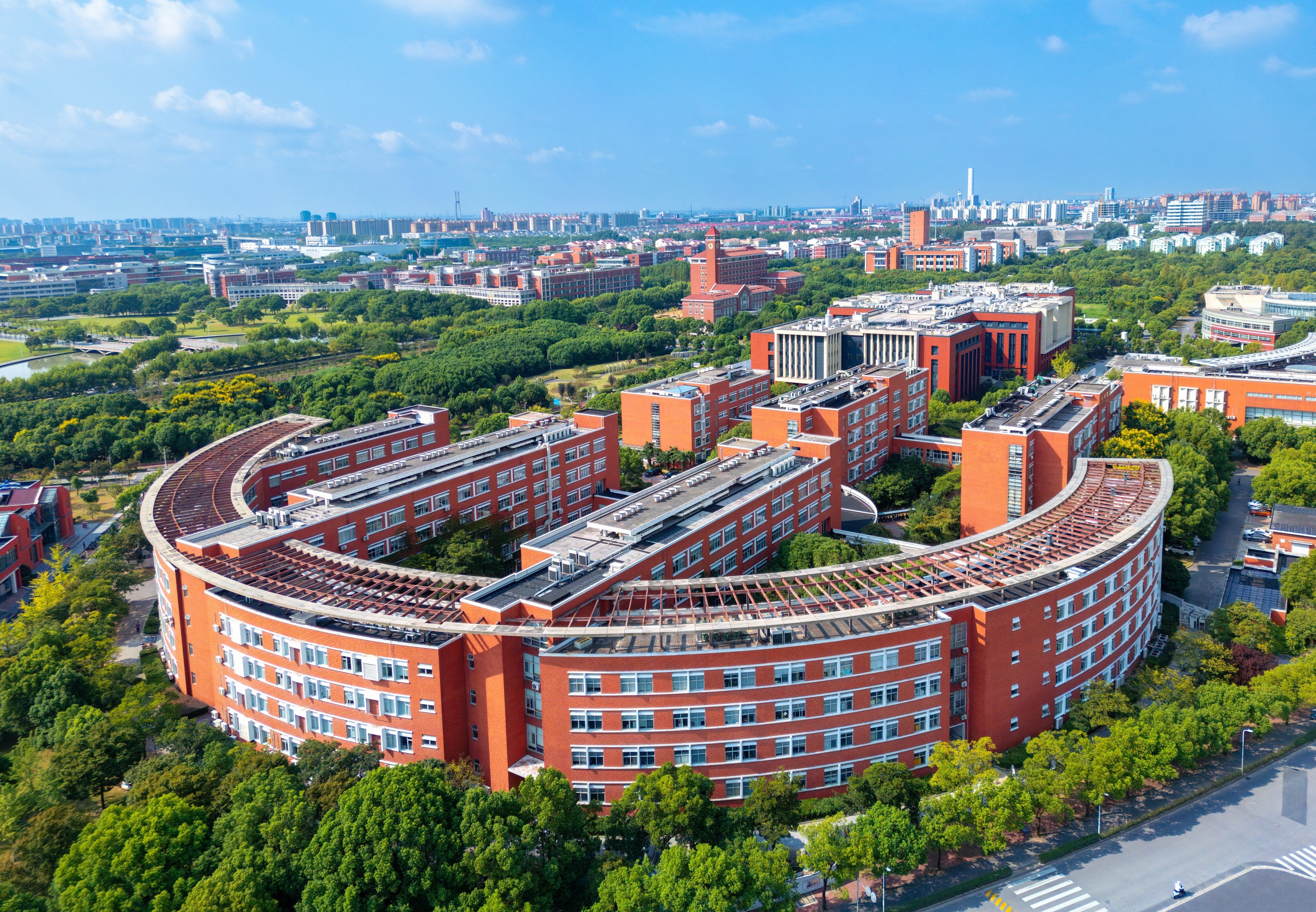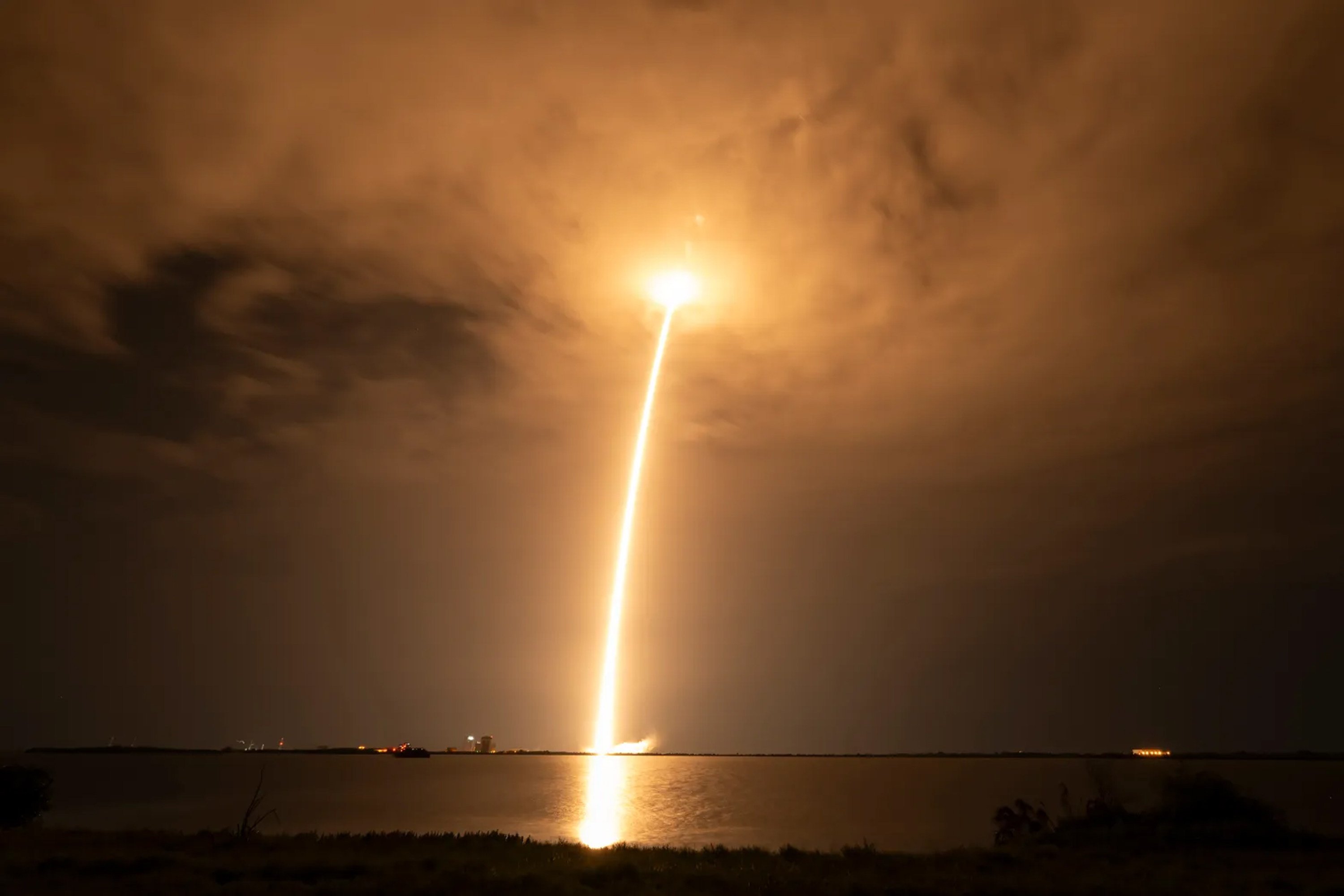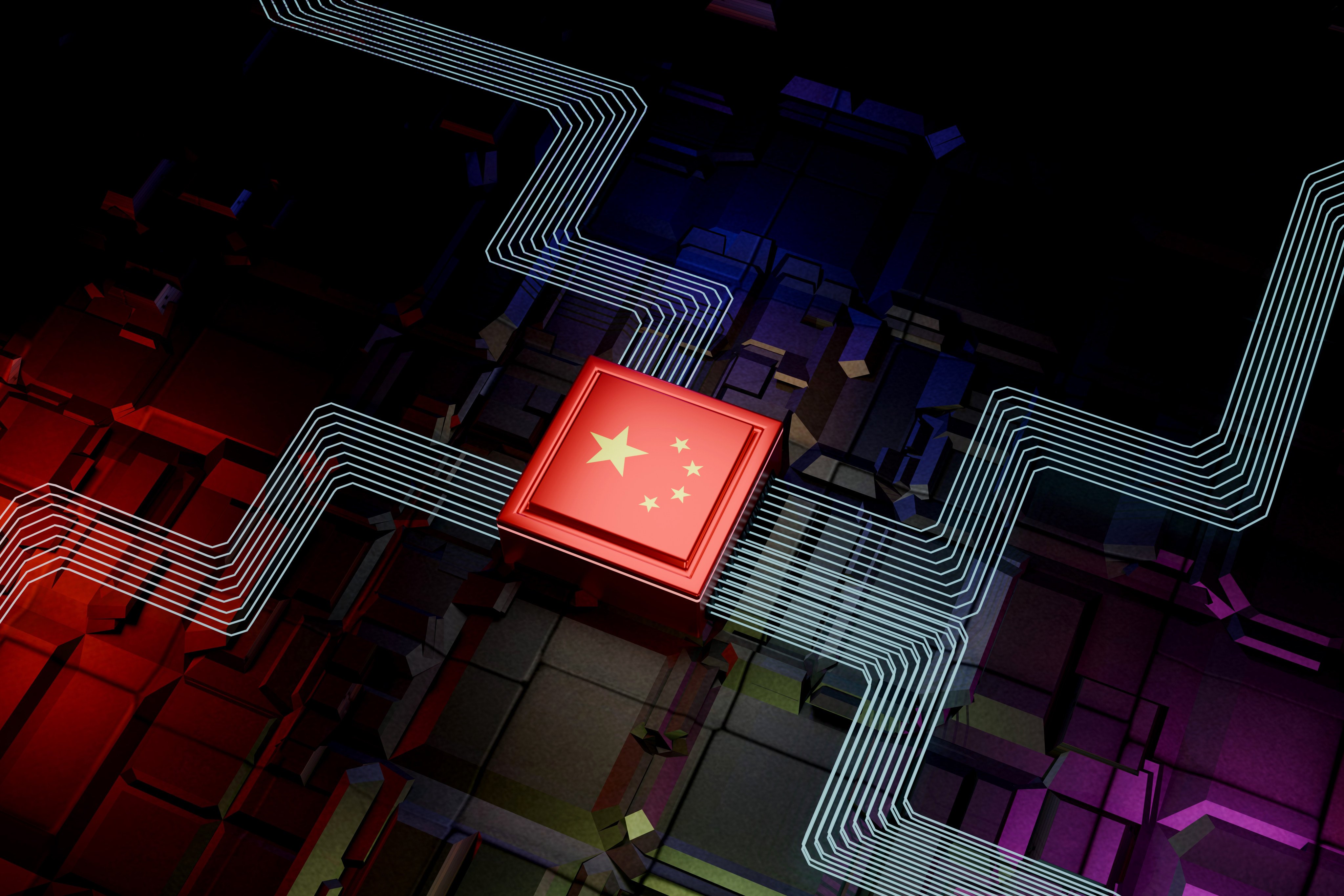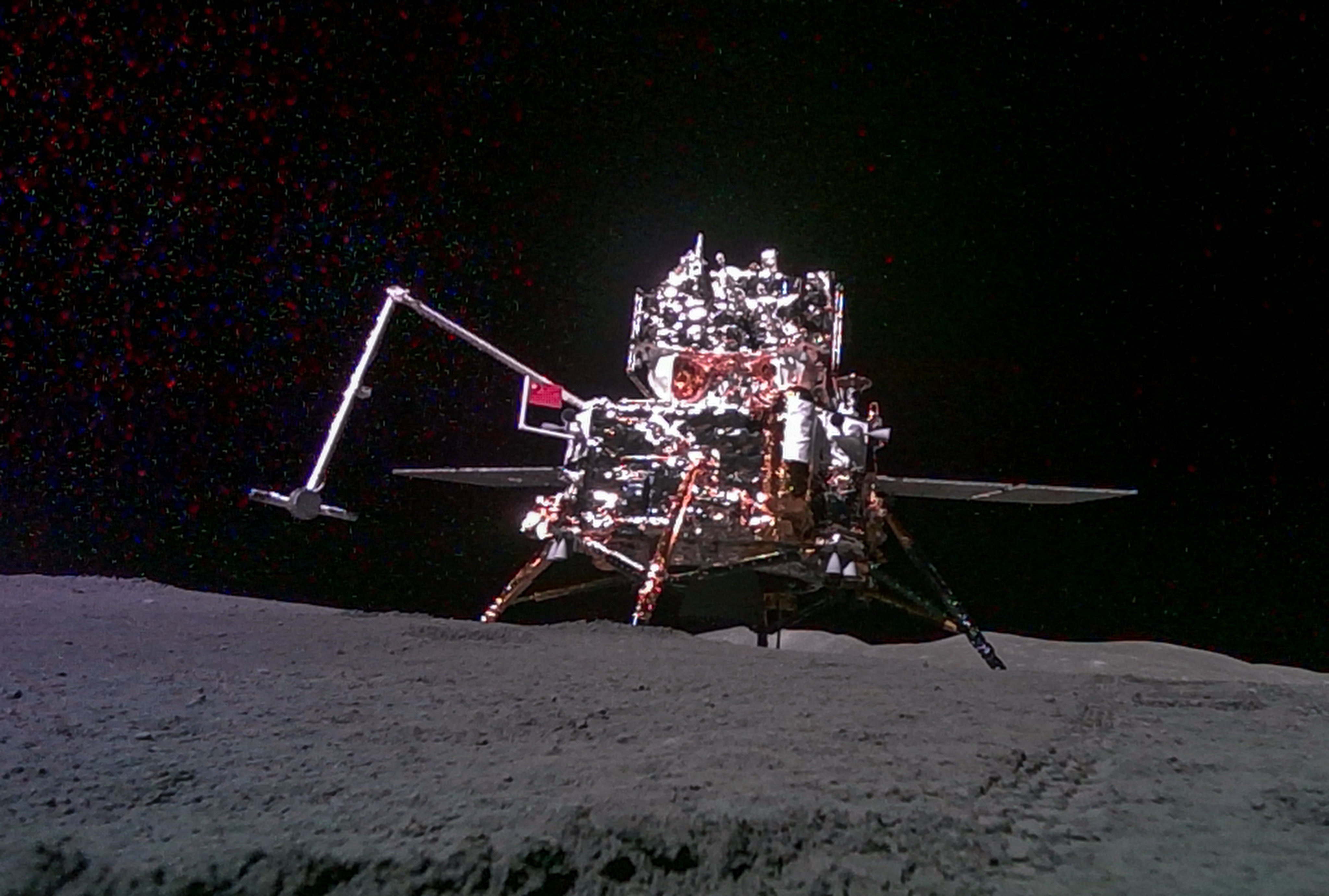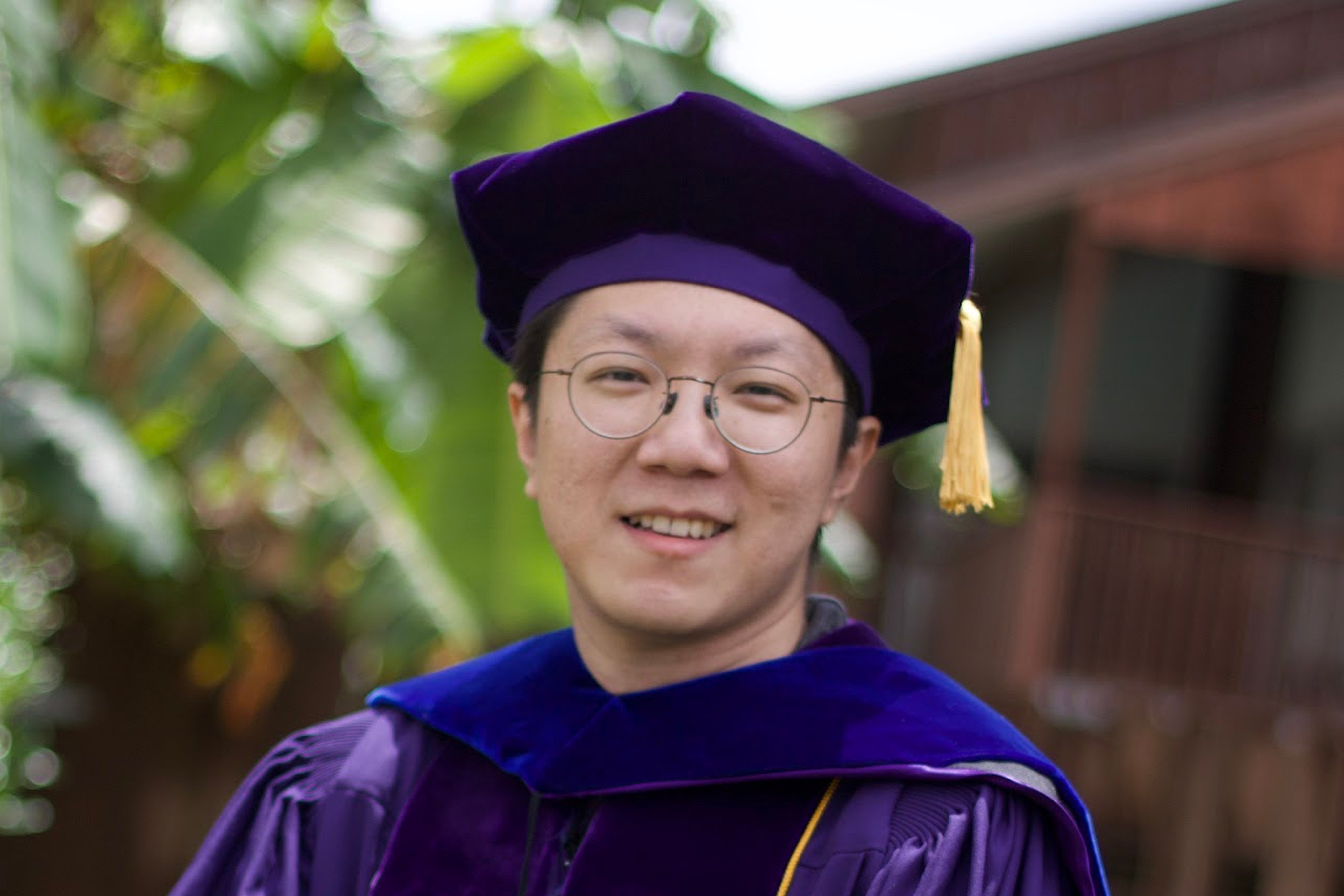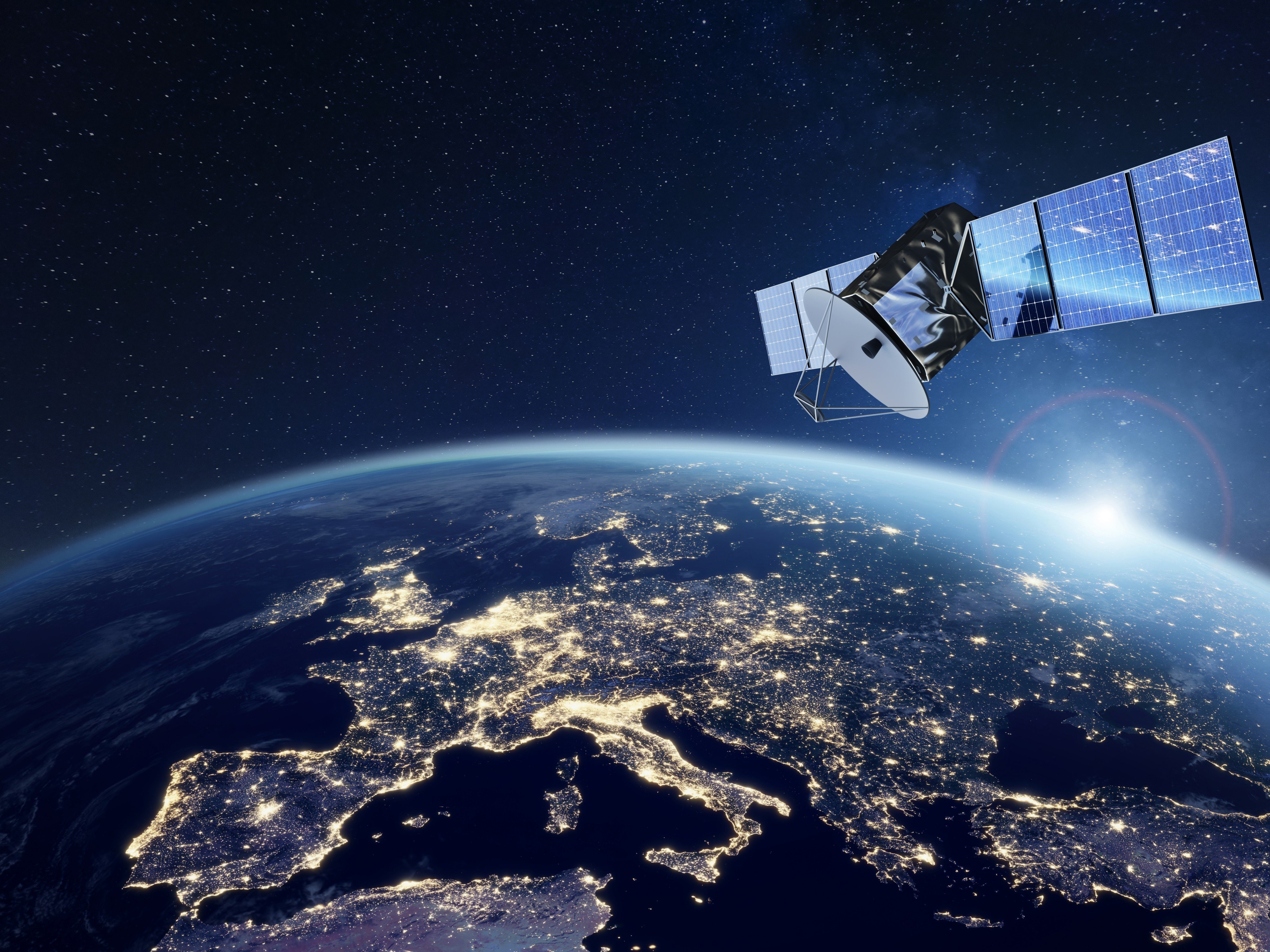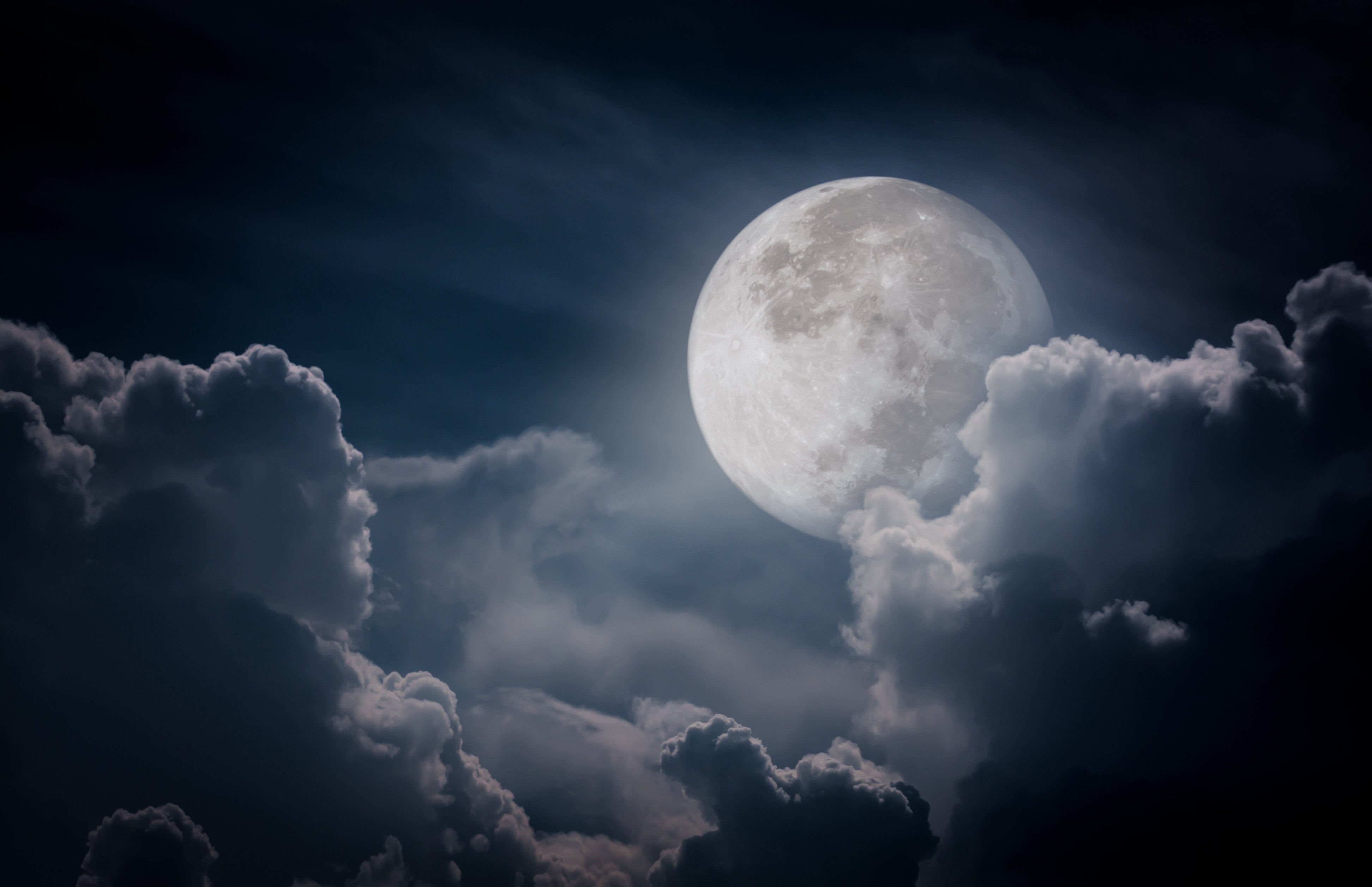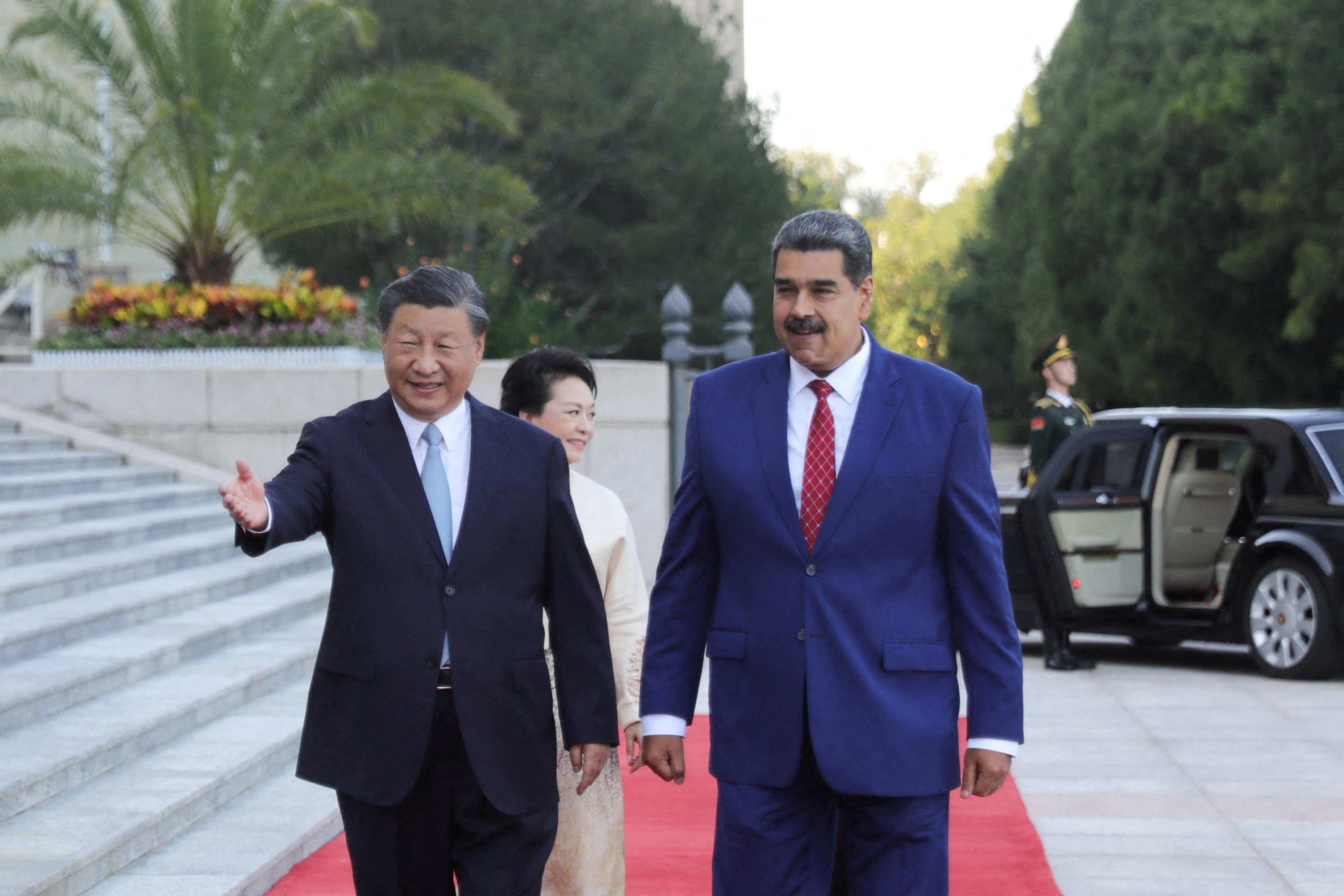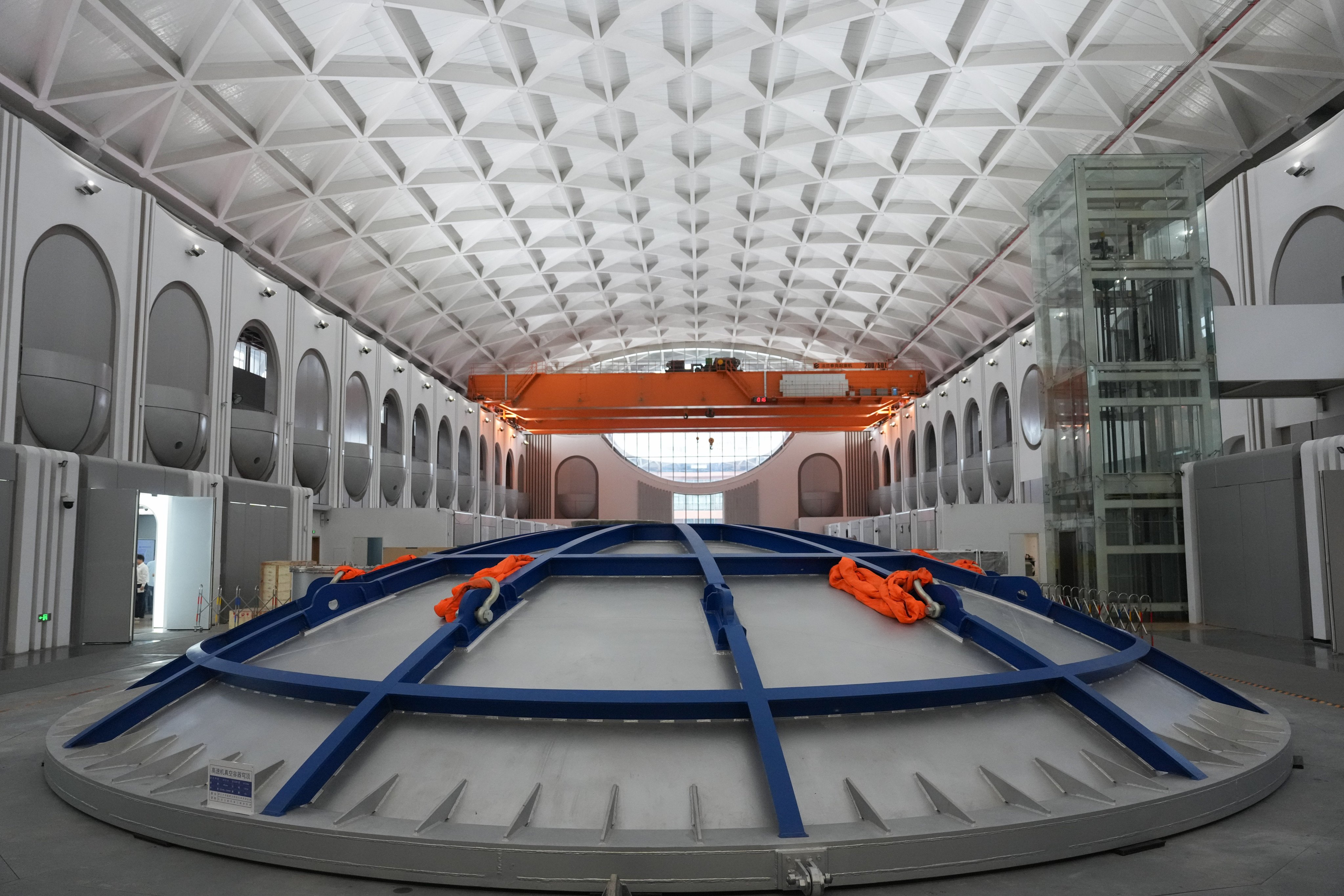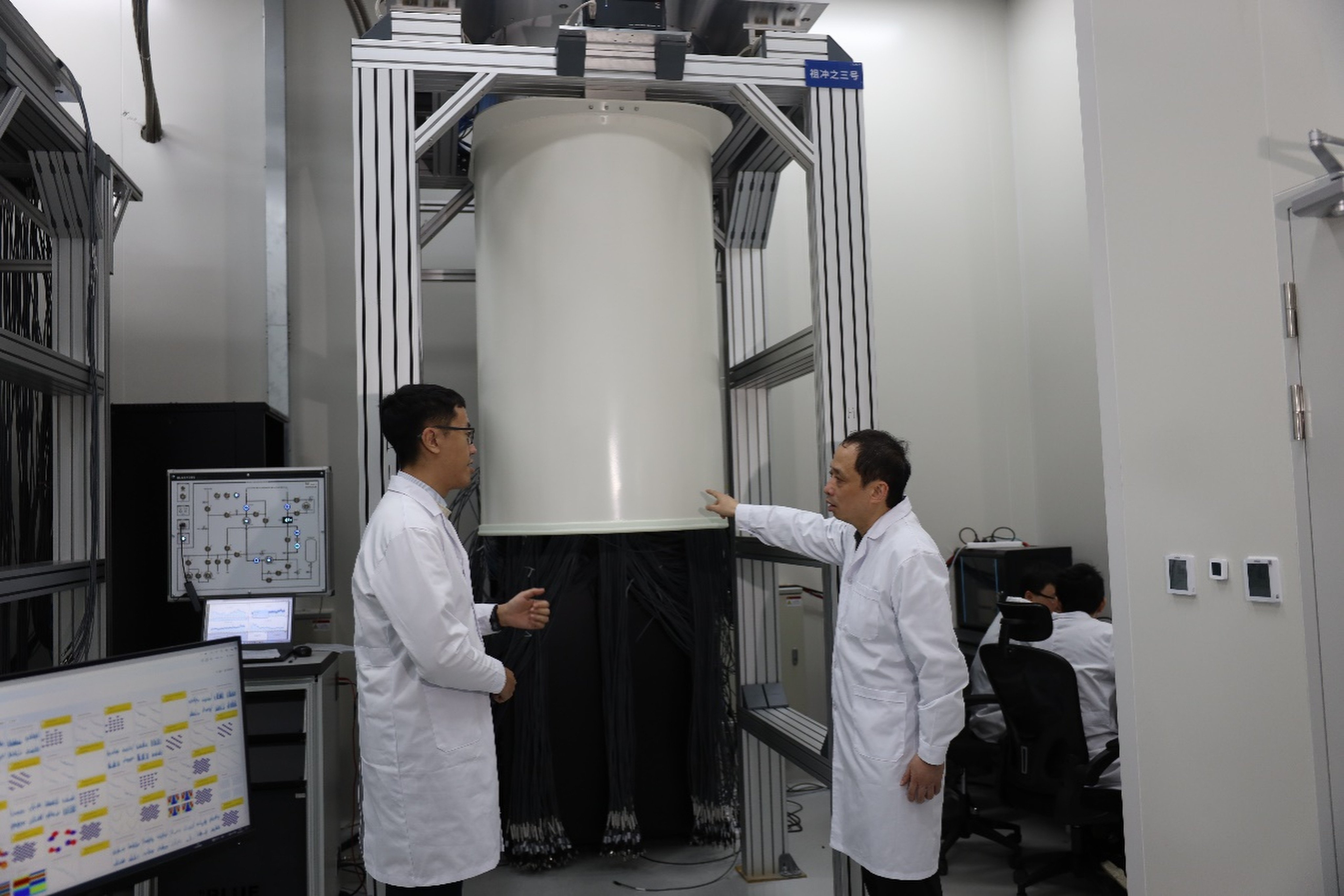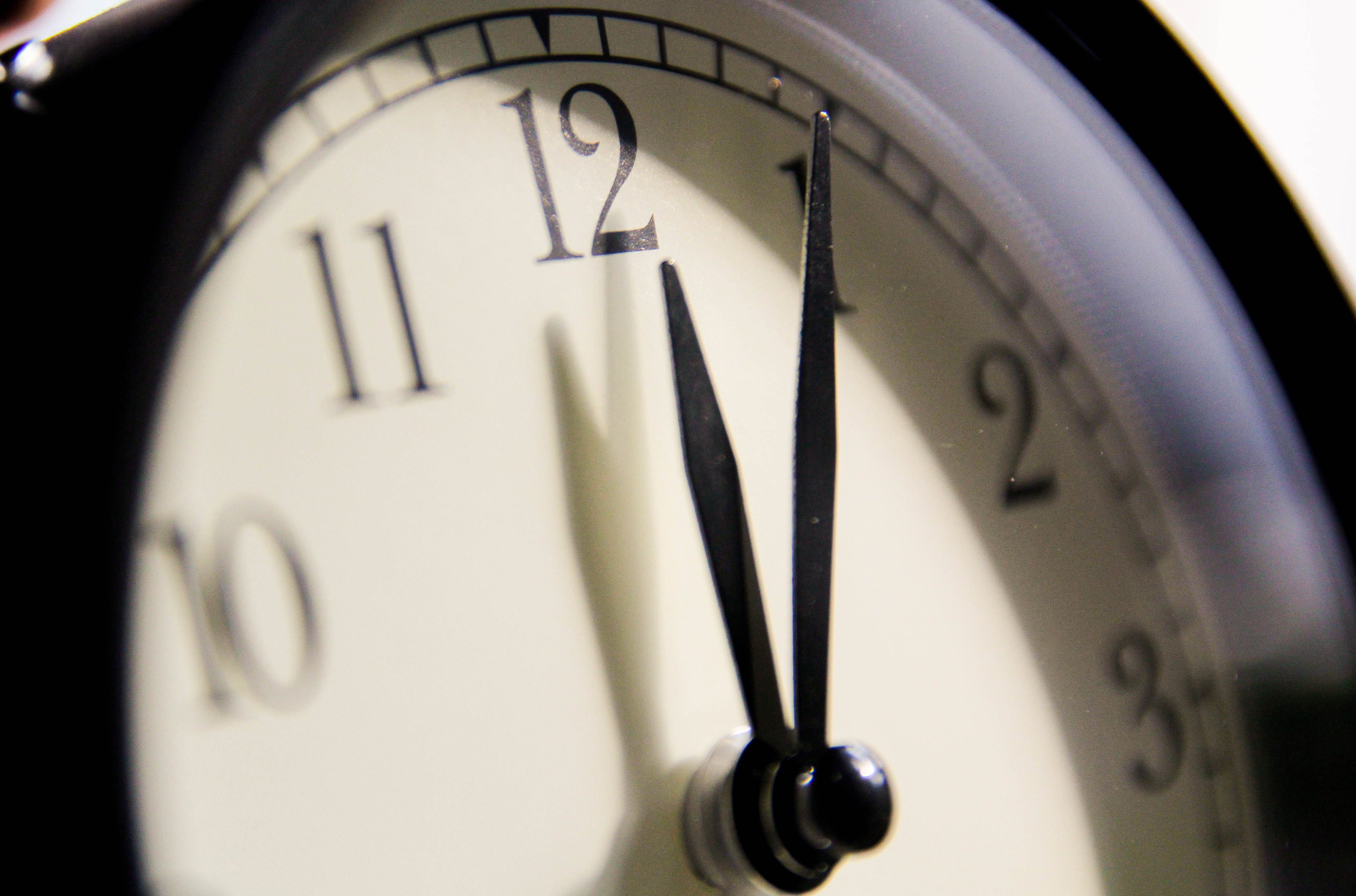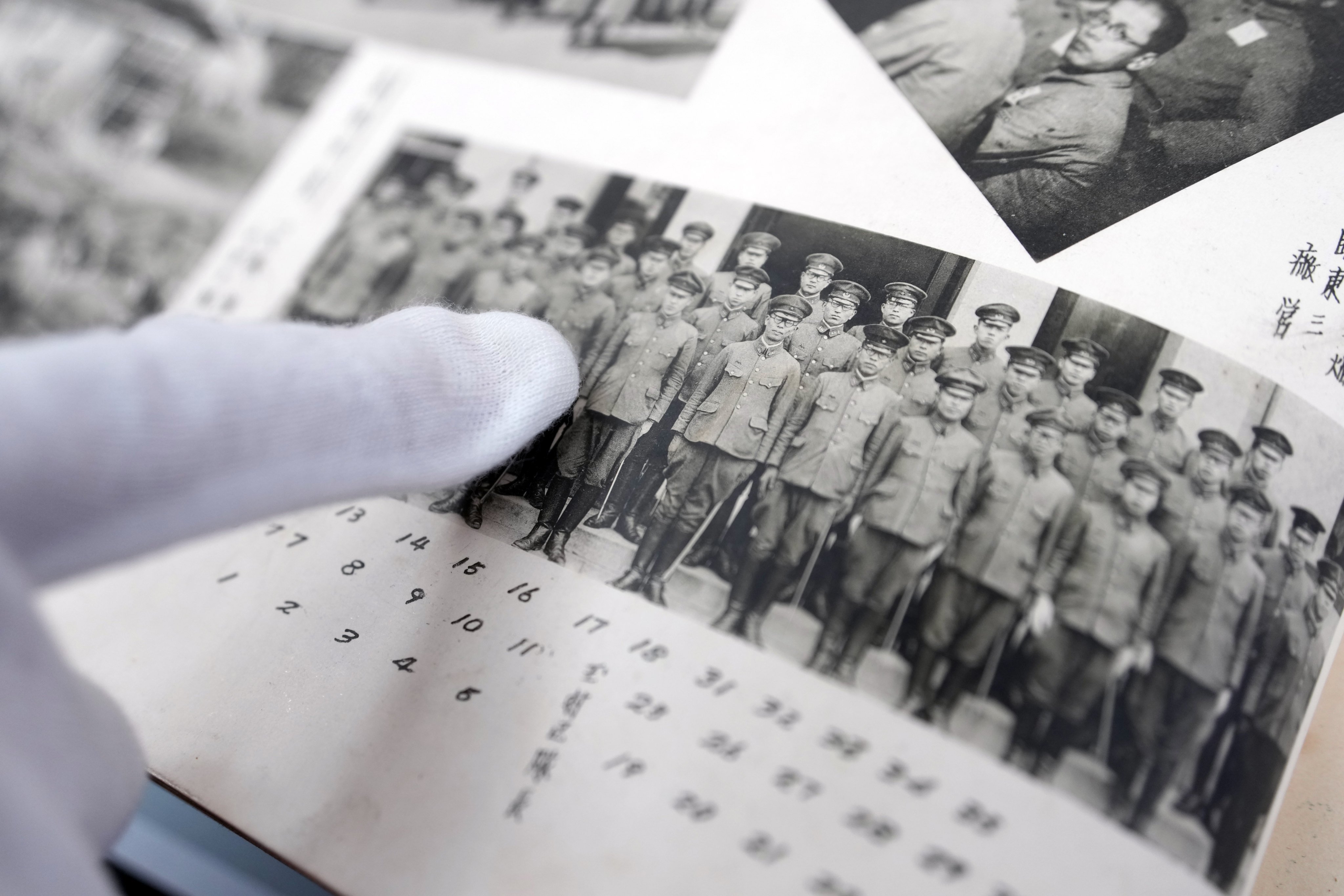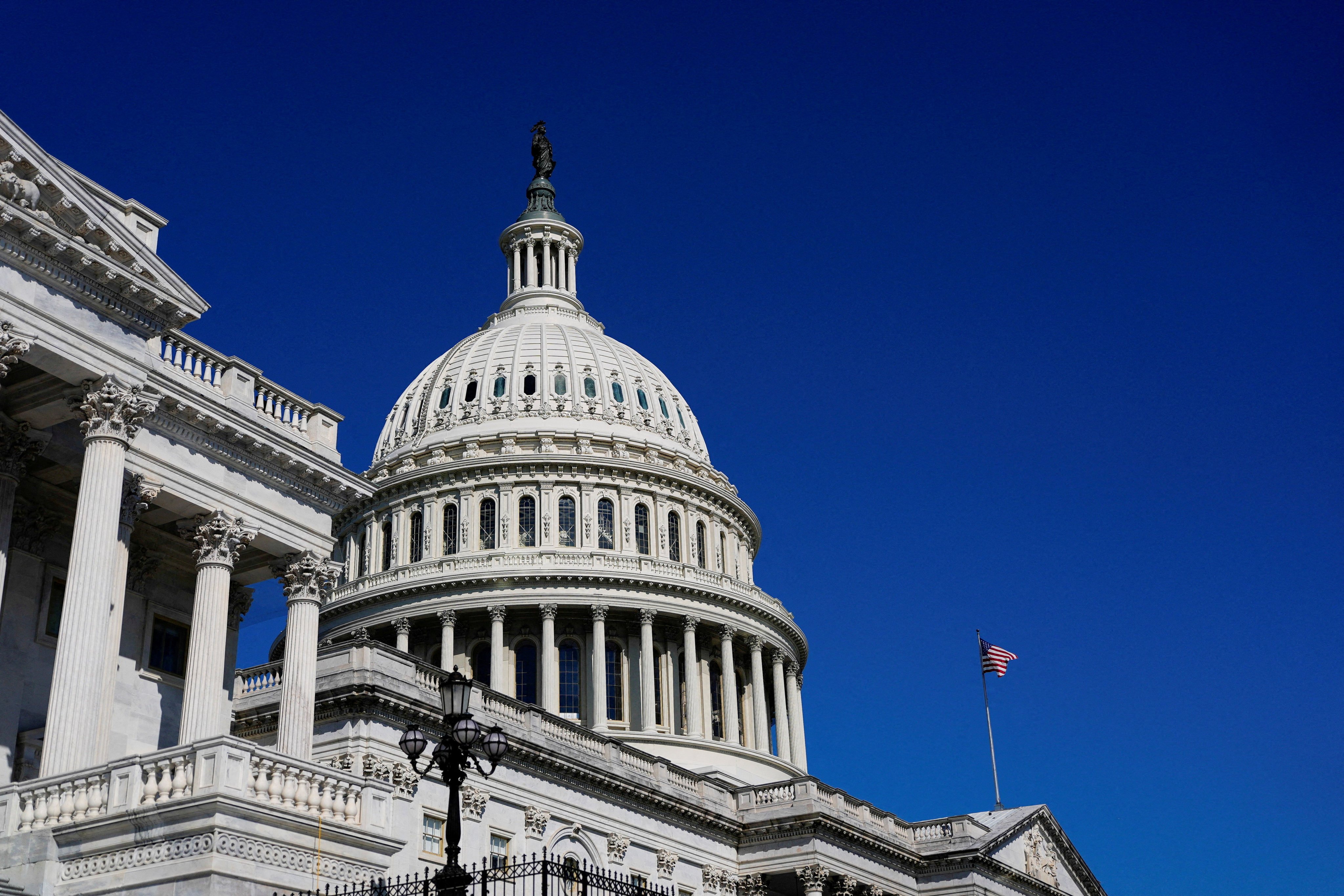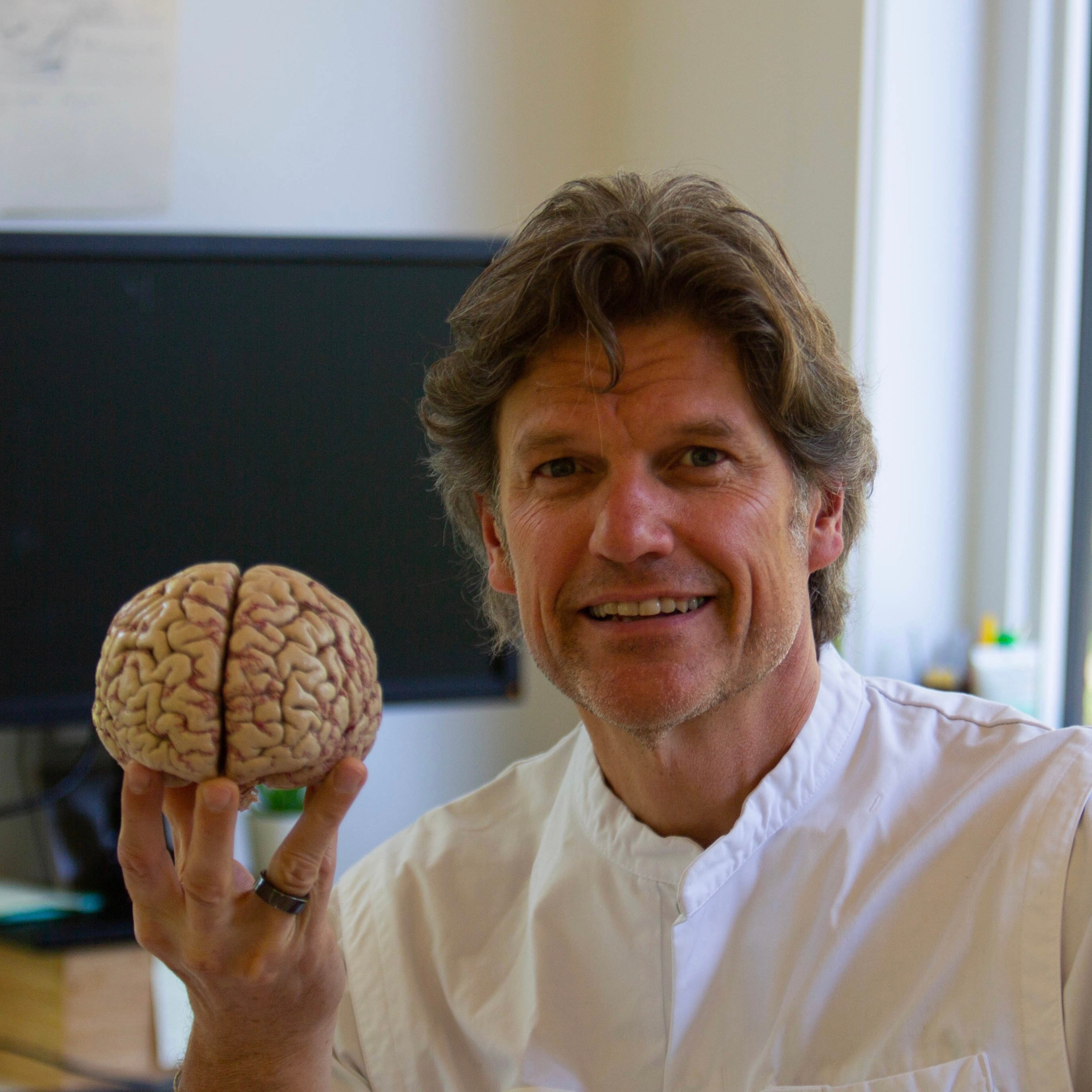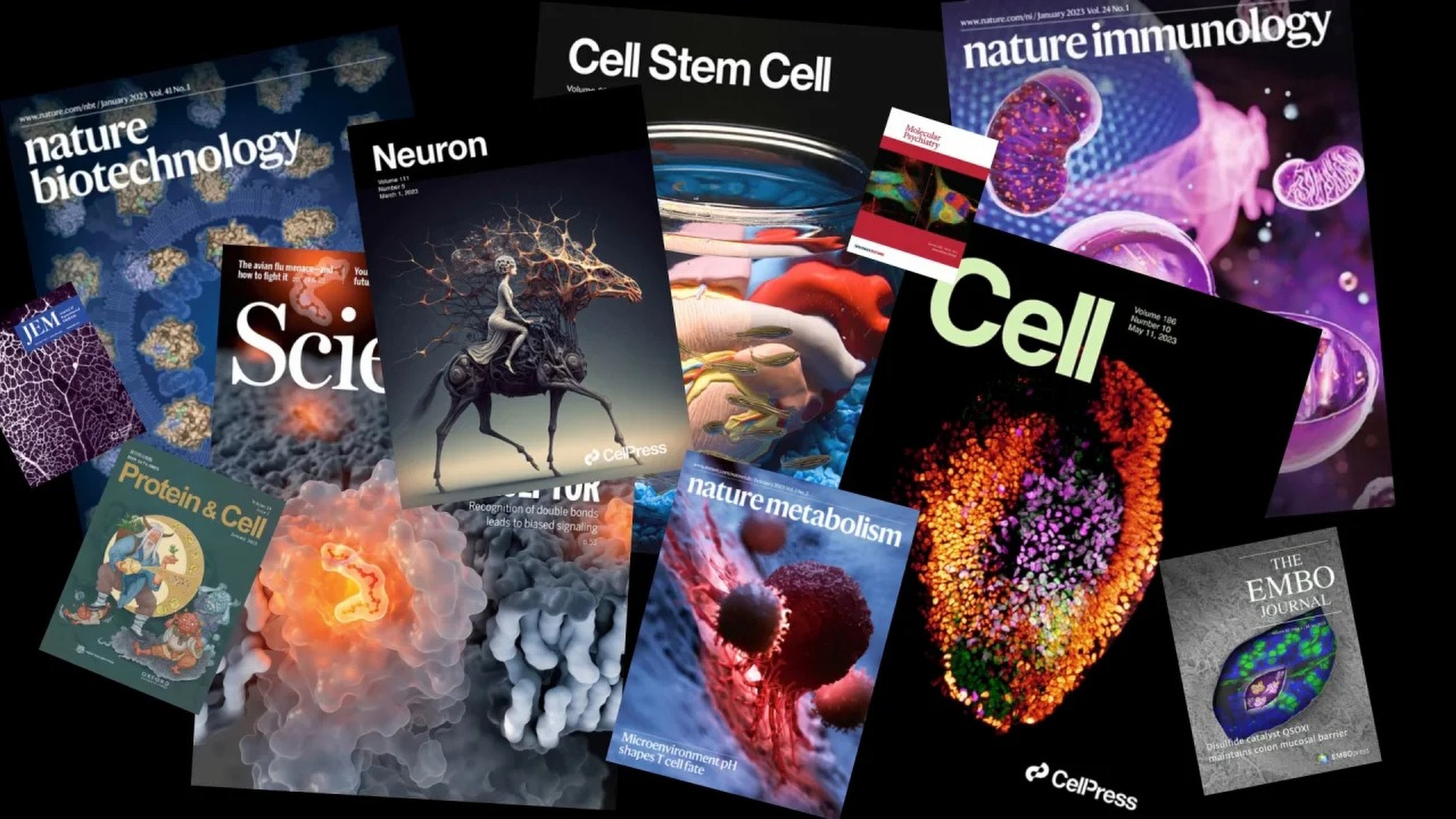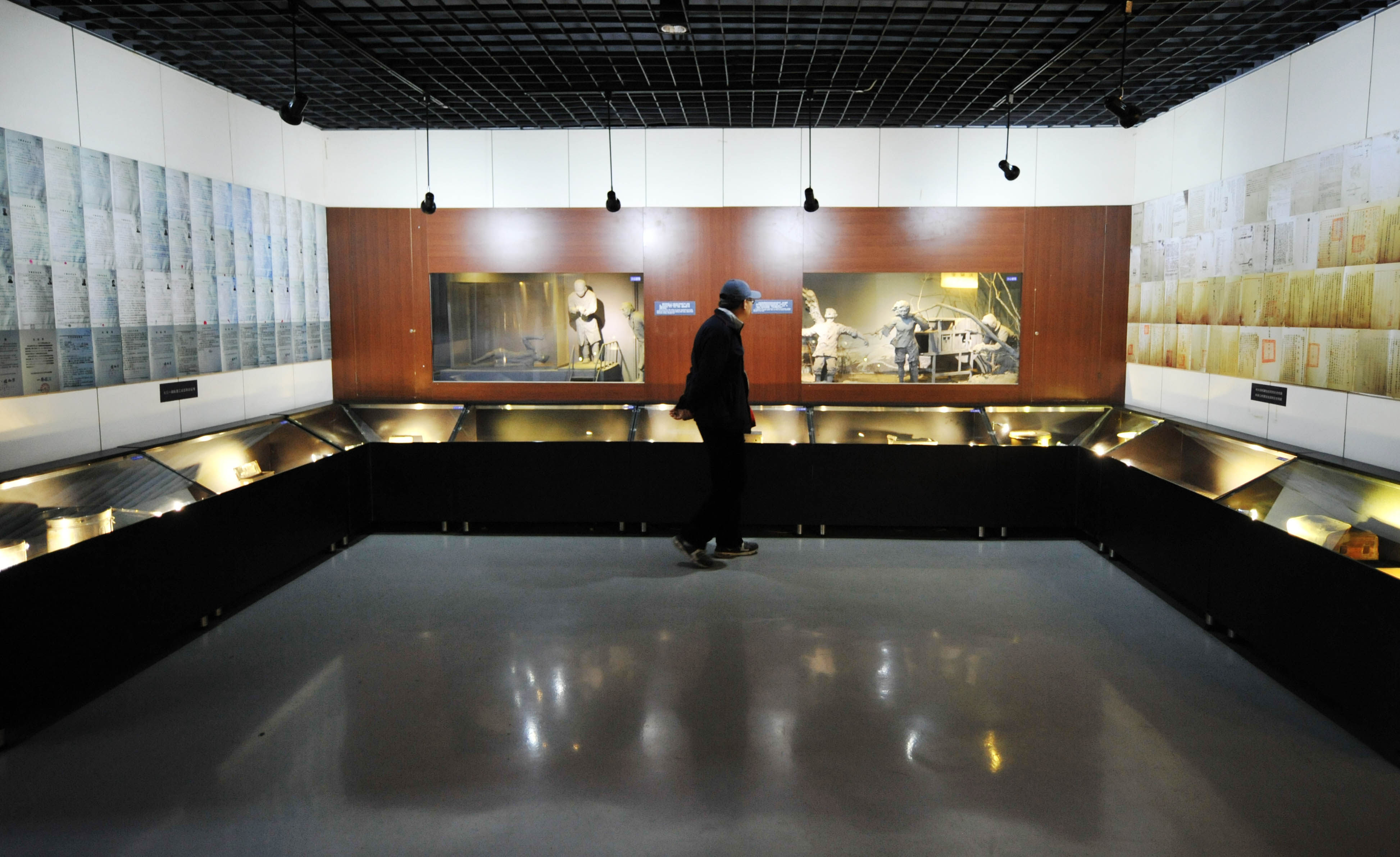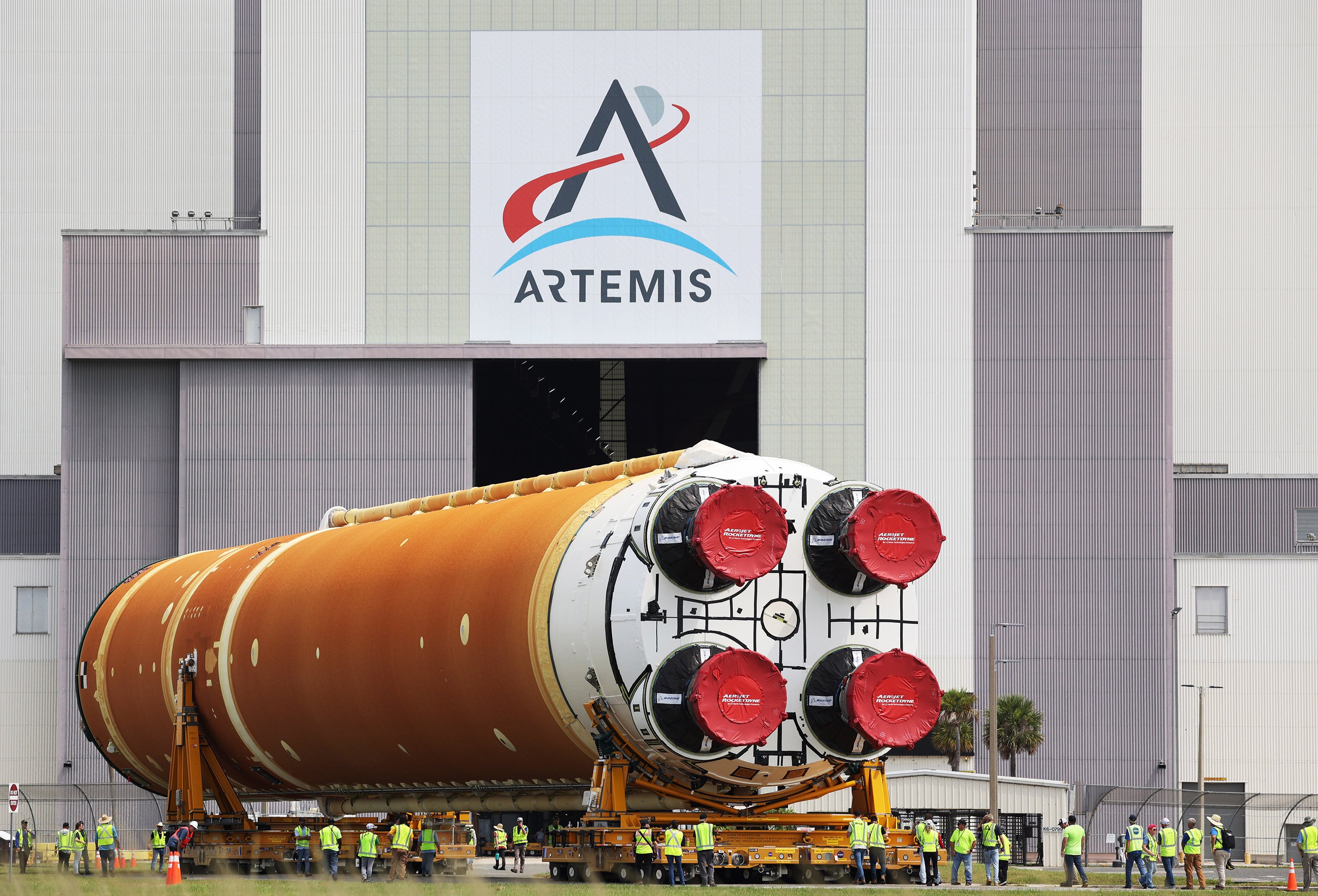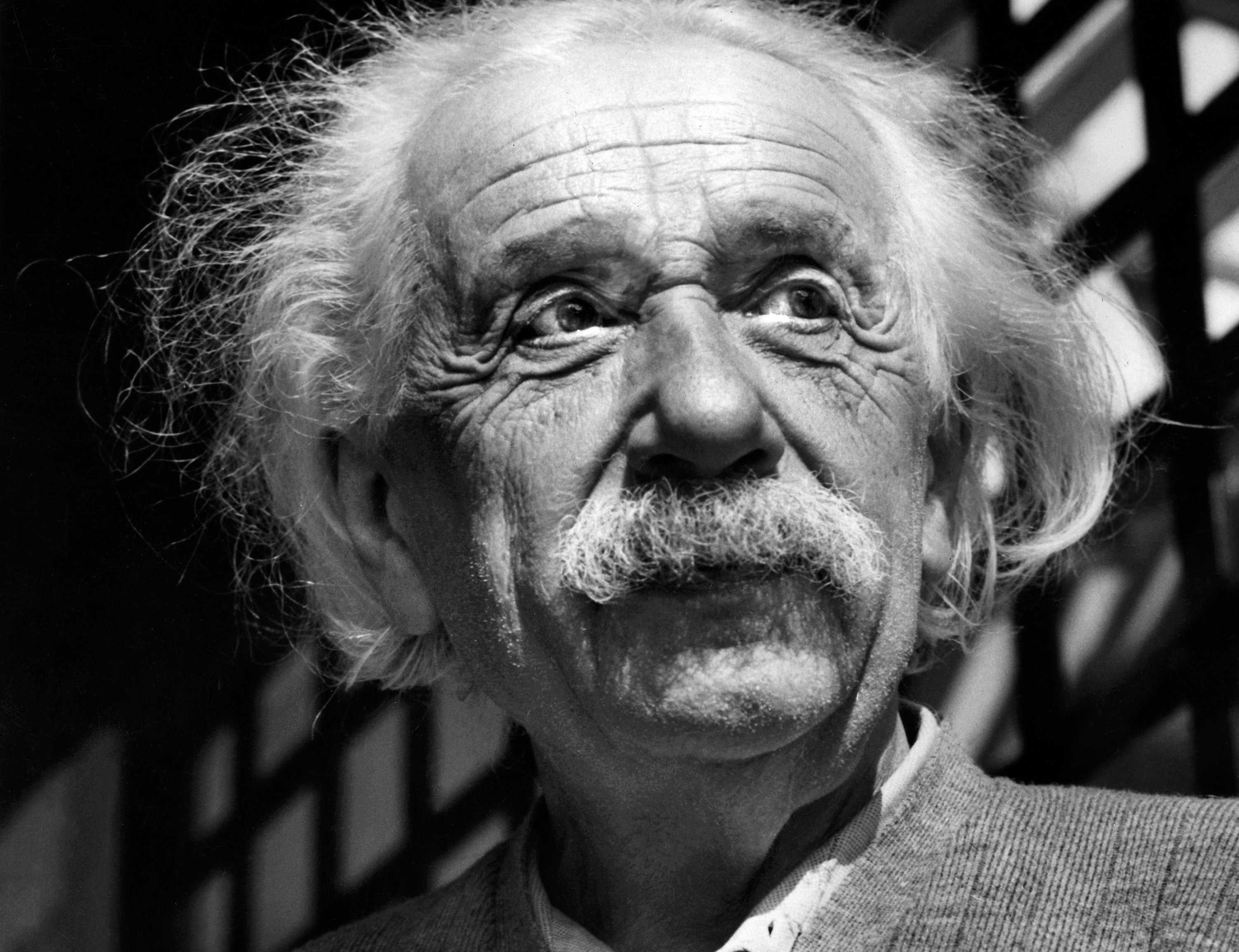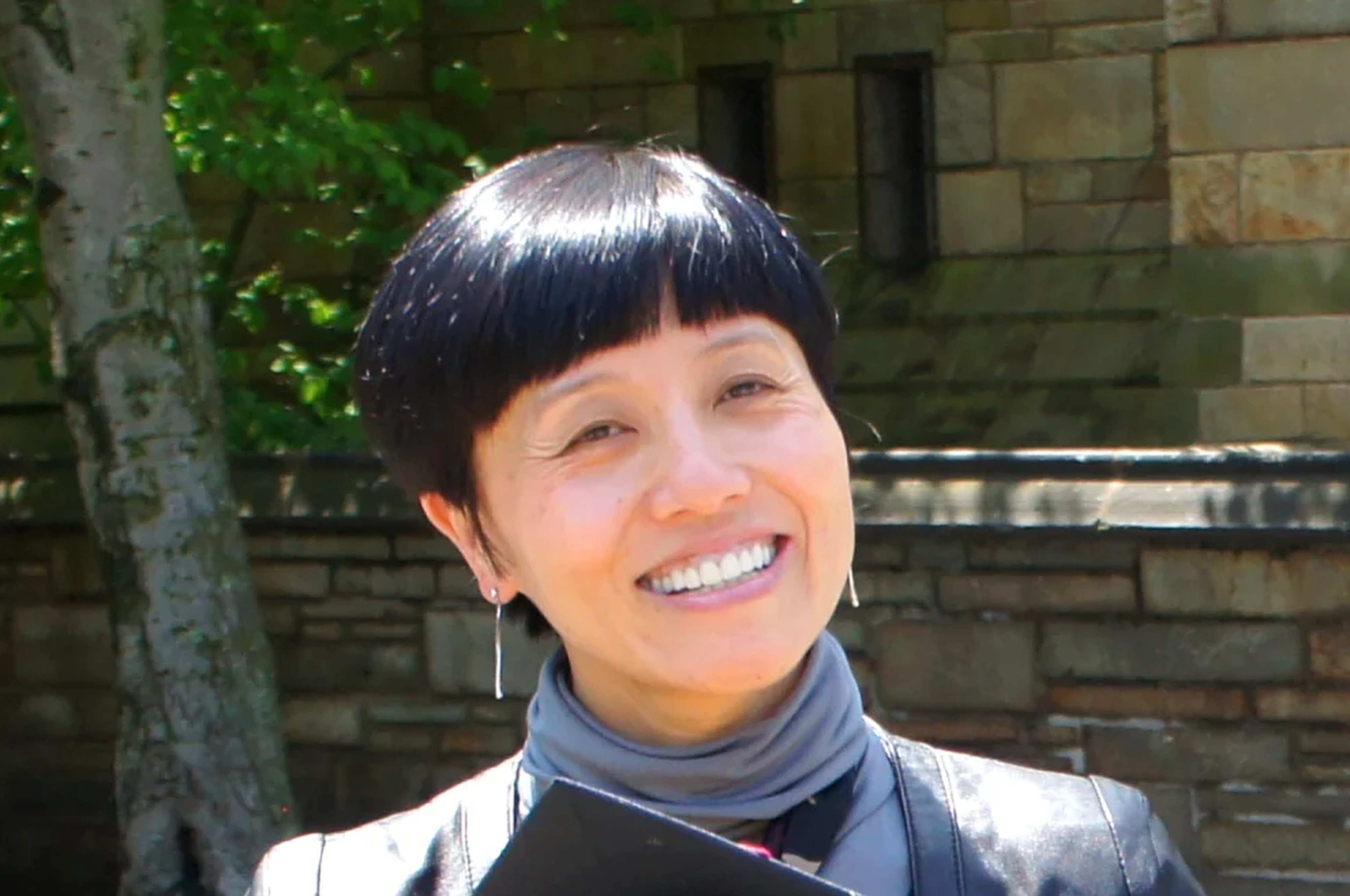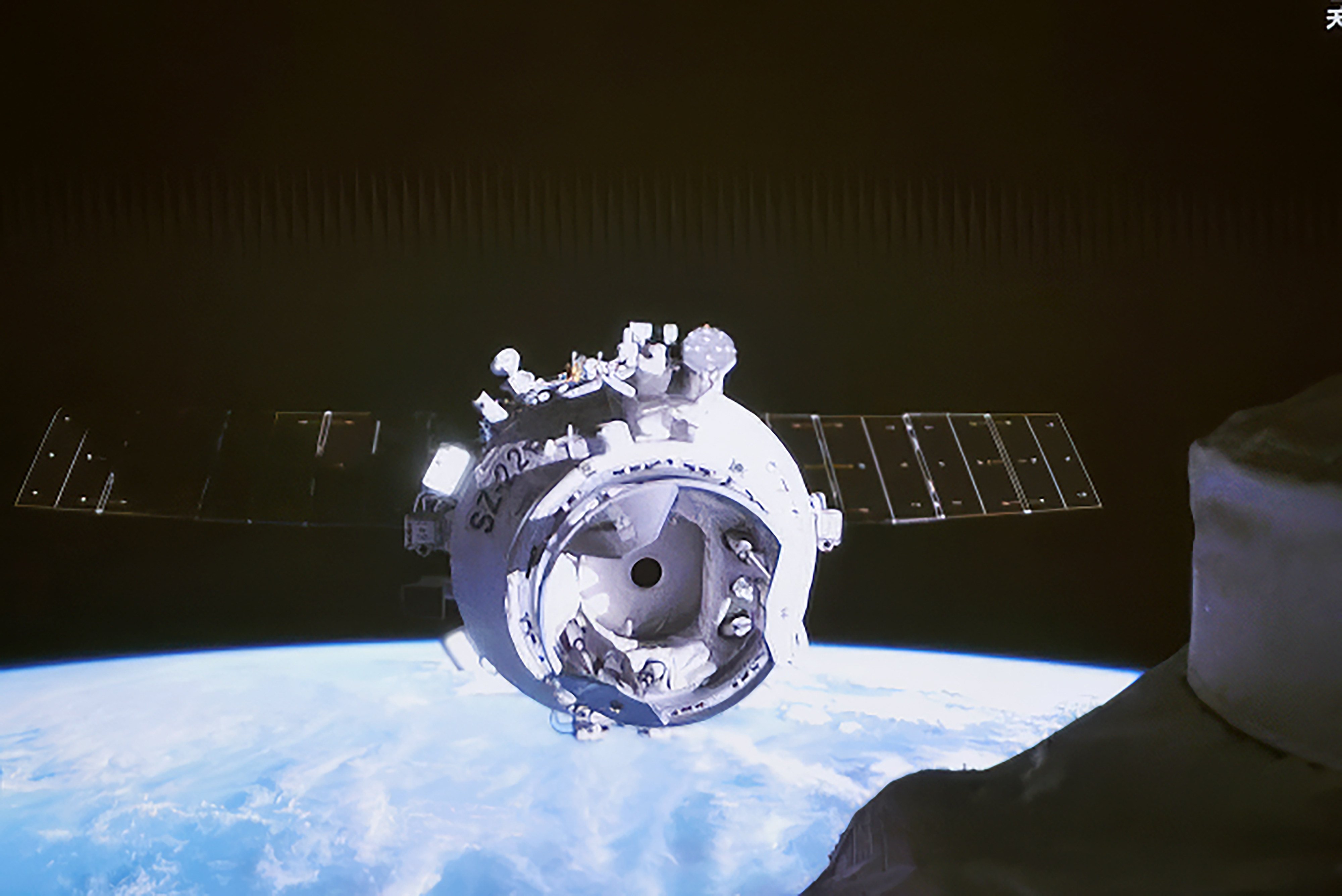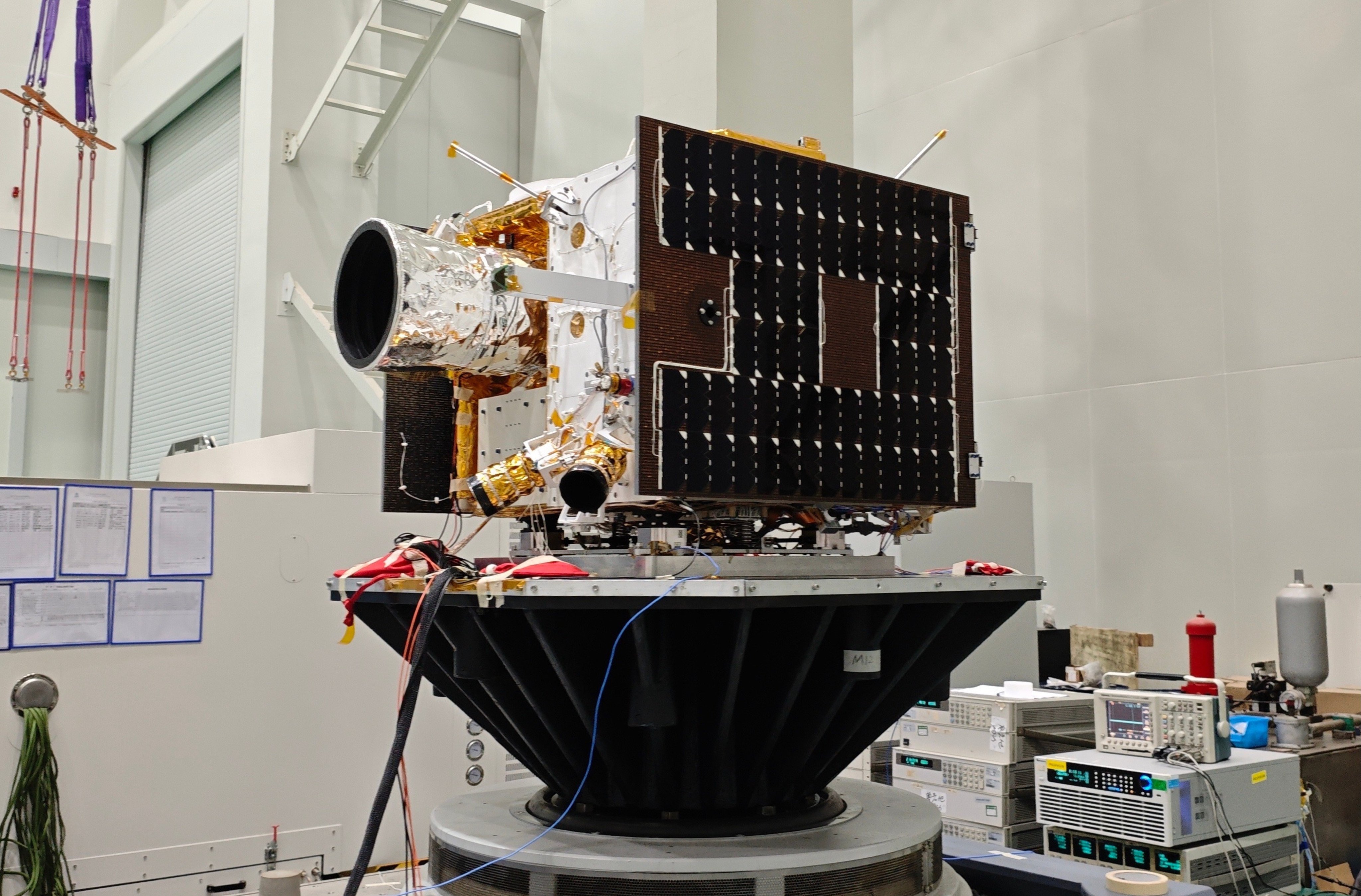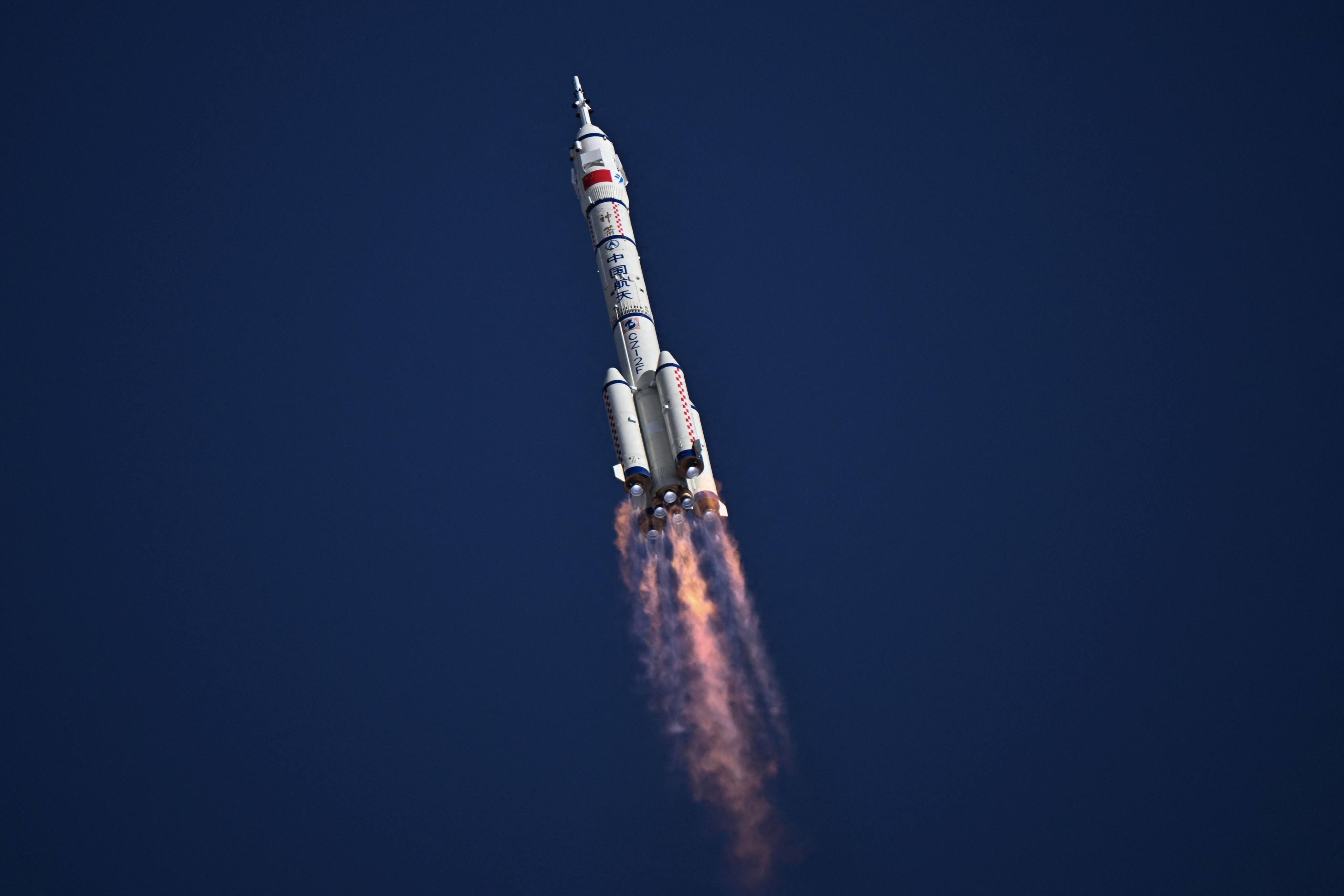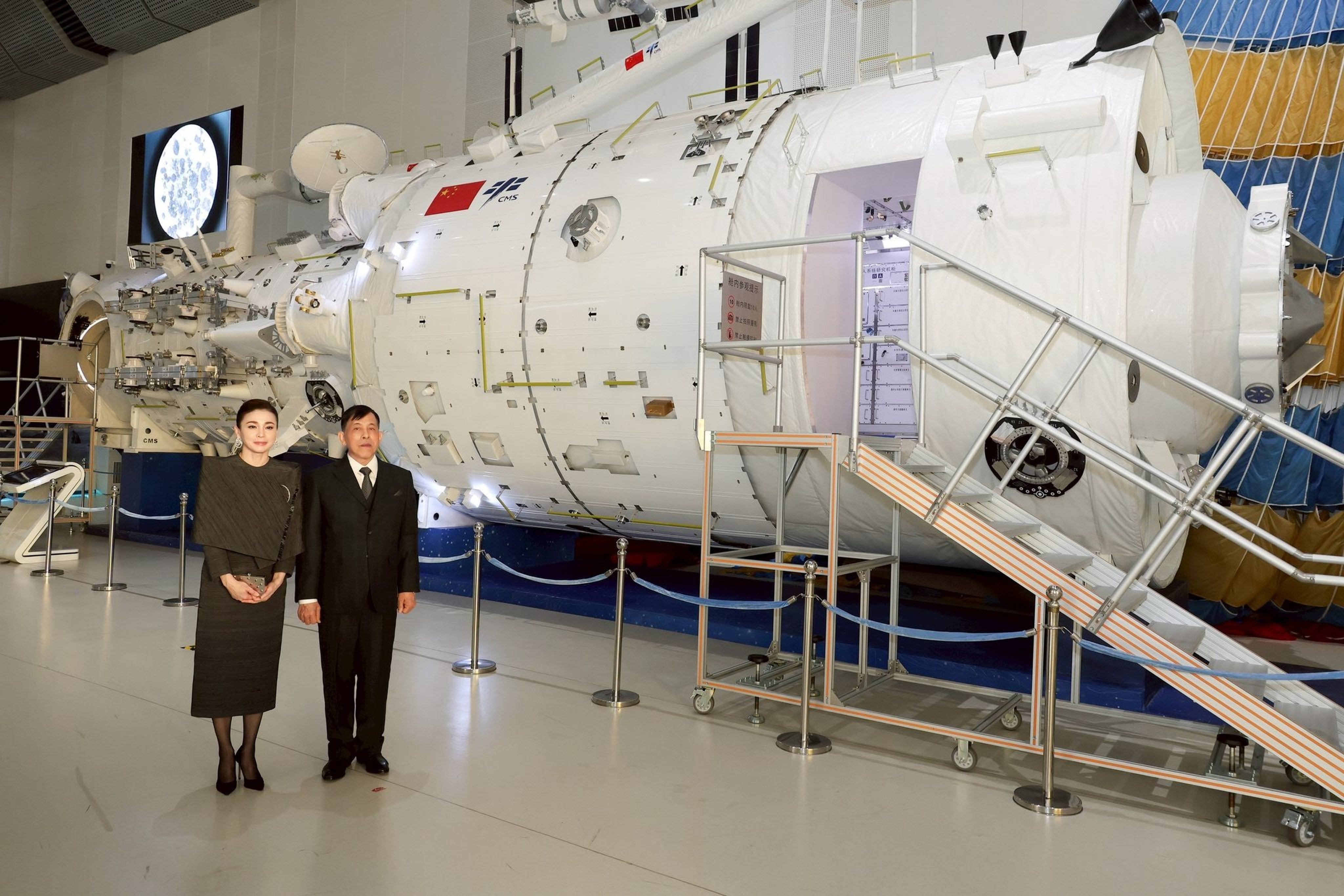Space analysts call China’s successful test a ‘significant milestone’ as SpaceX and Blue Origin vie to provide US lunar lander.
The biologist, renowned for his cancer genomics research, will study brain circuits for insights into autism at his new lab in Shenzhen.
12 Feb 2026 - 9:00AM videocam
Physicist Pan Jianwei and his team said their study helped to close the gap between the experimental and real-world applications.
6 Feb 2026 - 3:00AM videocam
China’s advanced manufacturing research ecosystem and more independent research environment were key drivers, he said.
5 Feb 2026 - 7:05AM videocam
Gao has left Pennsylvania State University to take up a post at the newly established Shenzhen University of Advanced Technology.
The rising talent in micron-precision 3D printing revealed the move from California to an academic position in China on social media.
30 Jan 2026 - 10:15AM videocam
Researchers in China said the SpaceX decision was ‘directly triggered’ by a close call between two satellites in December.
Chinese scientists go back to the future for inspiration that could reshape the power-hungry artificial intelligence model.
23 Jan 2026 - 5:31PM videocam
The Chang’e-6 lunar probe found tiny tubes formed by a single layer of atoms – something that has previously been seen only in a lab.
22 Jan 2026 - 9:00AM videocam
Scientists warn water on the moon is locked in frozen soil, not exposed to air and held in place only by cold and vacuum.
20 Jan 2026 - 9:26PM videocam
The researcher is reported to have left the US to take up a position at the University of Electronic Science and Technology of China.
19 Jan 2026 - 12:00PM videocam
Beijing team finds that potential electrical discharges, though brief, could induce abnormal currents in spacecraft systems.
14 Jan 2026 - 2:00PM videocam
New tech allows moon events to be accurately synchronised from Earth, paving the way for more spacecraft and people to work on the satellite.
12 Jan 2026 - 12:00PM videocam
From oil infrastructure to telecommunications, Chinese investments in the country have been long-standing and extensive.
6 Jan 2026 - 5:31PM videocam
CHIEF1900 will help to recreate catastrophic events such as dam failures and earthquakes inside a lab, university says.
31 Dec 2025 - 12:00PM videocam
Chinese team is first outside the US to cross key threshold that determines whether practical quantum computers can work reliably at scale.
26 Dec 2025 - 5:12PM videocam
Theoretical breakthrough shows that time’s arrow can emerge naturally from how quantum parts become interconnected.
25 Dec 2025 - 9:01AM videocam
Emperor Hirohito should be held accountable, according to scholars who say the wartime ruler was shielded from prosecution by US policy.
24 Dec 2025 - 12:00PM videocam
US researchers and industry experts warn that even the revised version may have unintended consequences.
18 Dec 2025 - 9:00PM videocam
Consciousness expert Steven Laureys has taken on a role at Hangzhou Normal University amid ‘challenging times’ for science in the US.
Senior biologist Zhang Hong, a member of the prestigious Chinese Academy of Sciences, fears genuine innovation may be at risk.
17 Dec 2025 - 10:00AM videocam
Chinese archaeologists invoke Nuremberg in renewed call for a comparable legal reckoning for Japanese atrocities.
Mike Griffin says Artemis programme ‘cannot work’ because of complex design and unproven tech, while Chinese are ‘doing the right things’.
10 Dec 2025 - 9:00PM videocam
‘Exceptionally precise’ set-up mimics thought experiment devised by sceptical genius to disprove the then-emerging field.
Family alleges Northwestern’s actions during ‘China Initiative’ investigations linked to death of leading researcher.
4 Dec 2025 - 8:54PM videocam
Interview details rapid response to emergency triggered by a shard of nearly invisible space debris about the size of a grain of dust.
3 Dec 2025 - 2:00PM videocam
The web of 156 orbiting sensors will form the country’s second space situational awareness constellation designed to bring down the risk of collisions.
30 Nov 2025 - 10:00PM videocam
The Long March 12A, Zhuque-3 and Tianlong-3 are expected to be used to build the country’s massive internet satellite constellations.
27 Nov 2025 - 1:59PM videocam
Crack in spacecraft window could signal a shift towards greater cooperation between Beijing and Washington over orbital junk, analysts say.
22 Nov 2025 - 9:00PM videocam
Thailand’s monarchs in exchange with orbiting crew on board Tiangong station during visit to highly restricted mission control centre in Beijing.
19 Nov 2025 - 3:59PM videocam

